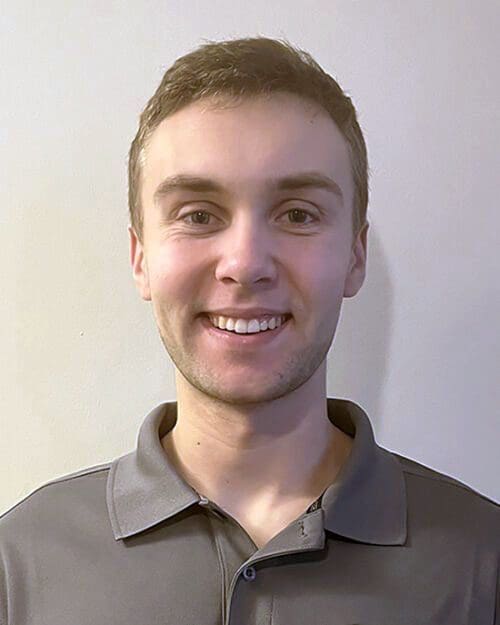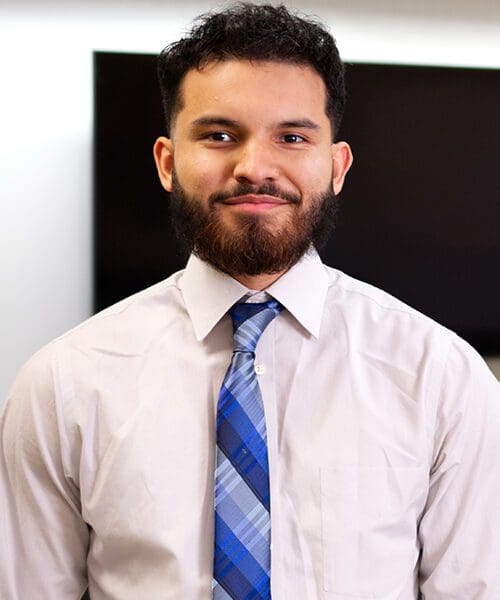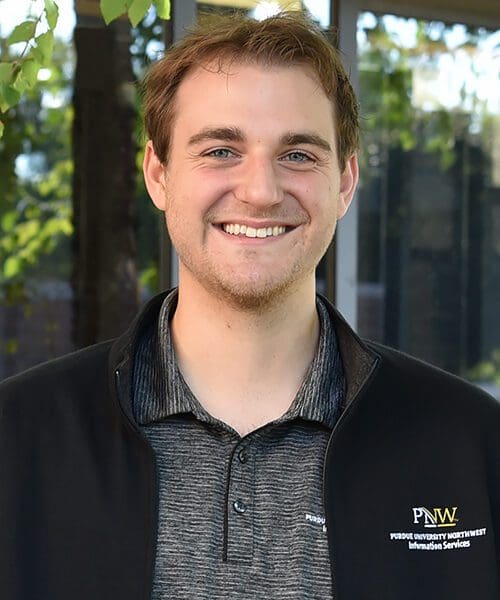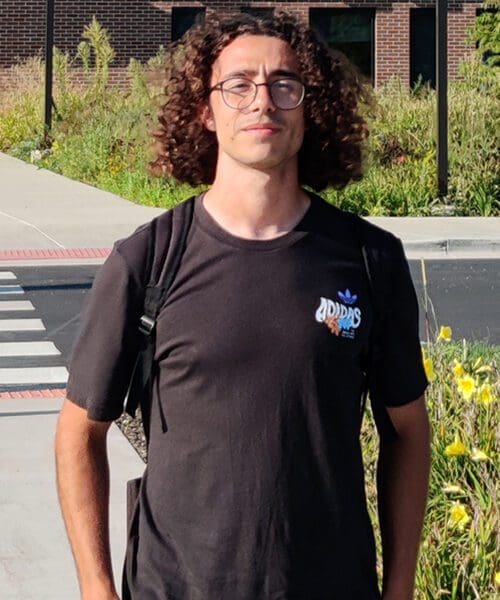
Thomas Stobbe
The School of Engineering is #PNWEngineeringProud of Thomas Stobbe. He will graduate in December 2023 with his bachelor’s in mechanical engineering.
February 27, 2023
Name: Thomas Stobbe
Hometown: Porter, IN
High School: Chesterton High School, Class of 2018
PNW Degree: Bachelor of Science in Mechanical Engineering, December 2023
How Purdue University Northwest helped prepare me for my career
The beginning of my journey at PNW started with a semester of mostly prerequisite/entry-level science courses along with a few very “soft” engineering courses that mostly all engineers have to take.
The first thing I noticed about the classes at PNW is that they were “small”. Having this low faculty-to-student ratio is especially helpful when a student needs supplemental instruction, has to contact a professor with pressing issues, or even wants to get to know their professors on a more personal level. With that being said, I have never had any major issues due to lack of communication or understanding of a subject, and this is truly worth its weight in gold… especially for a rigorous degree like engineering.
Benefits of multidisciplinary study
My sophomore through senior year at PNW has really shown me what this school’s engineering program is all about. My sophomore year of mechanical engineering began with a curriculum that had me taking an electrical engineering, a mechanical engineering computer aided design (CAD), and a basic, yet integral mechanical engineering class.
Participating in a curriculum that requires students to engage in multidisciplinary study has not only exposed me to other degrees but has helped me to “speak the language” of other engineers in my real-world engineering experience.
I can credit PNW Engineering with providing me the wherewithal and prerequisite knowledge to start my first career with confidence and experience.
Bringing real-world applications to the classroom
My junior year was filled with intermediate to advanced-level engineering classes and labs that had plenty of real-world applications and examples of professional engineering scenarios.
Some of the examples that immediately come to mind when thinking of PNW’s classroom-created real-world engineering laboratories are: fully designing a digital scale, performing stress-strain analyses using engineering equipment, designing and analyzing linkage systems, and using expensive laboratory equipment to conduct fluid mechanics laboratories.
Experiential learning and connections with industry
Right now, I am approximately one month into my senior year, and my appreciation for PNW’s engineering continues to grow.
This semester, I am taking a class that teaches students about how everything around us is manufactured, and the laboratory portion allows students to use actual machinery in a machine shop. I am also taking a class that is having me do work for Northwest Indiana’s largest steel manufacturing plant and improve process efficiency at one of their core operating facilities. These classes have consistently coincided almost seamlessly with my internship and have given me experience that can only be found in actual workplaces.
Needless to say, I can credit PNW Engineering with providing me the wherewithal and prerequisite knowledge to start my first career with confidence and experience.


